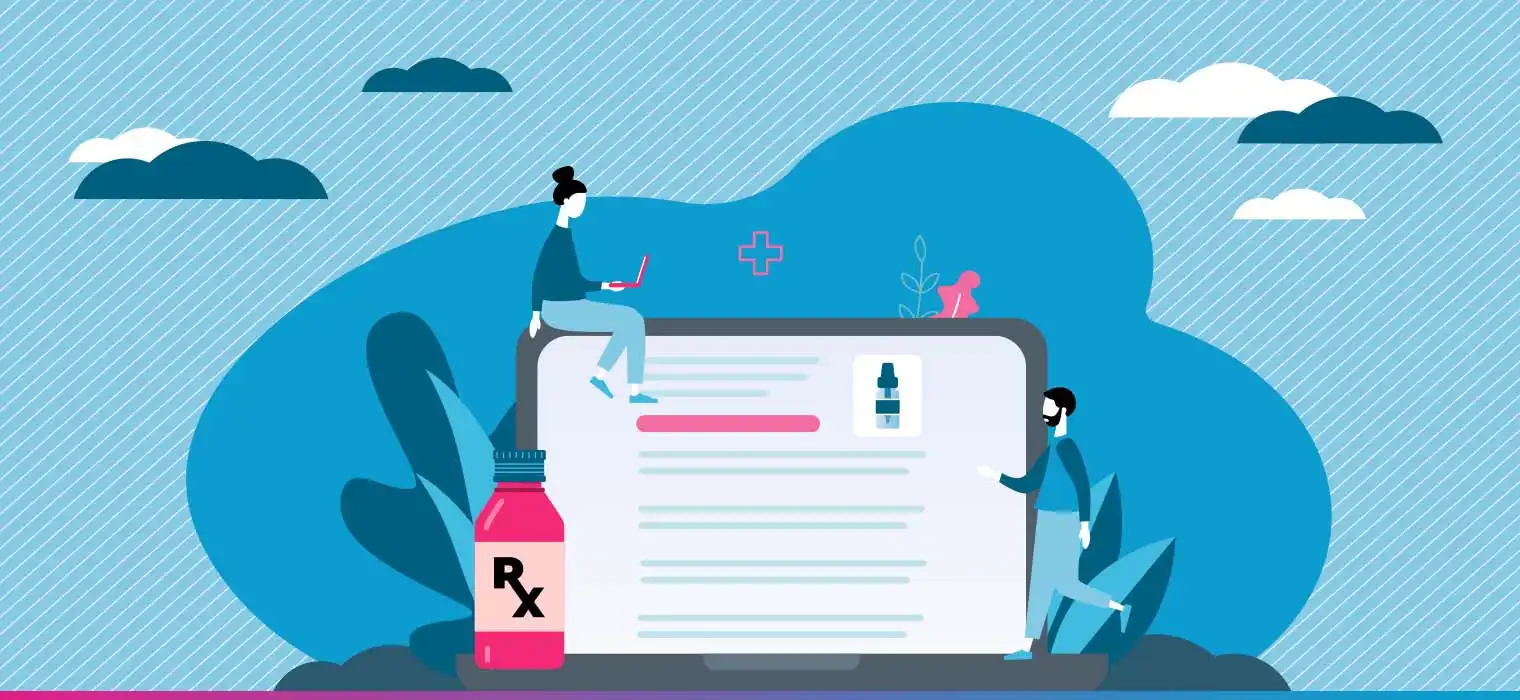Cold / Flu
What are cold / flu conditions?
Both colds and the flu are upper respiratory infections caused by viruses. Colds and influenzas are more common during the winter. The cold flu season runs from the fall to spring, peaking in winter. Colds tend to develop gradually over a few days and last seven to ten days. The flu comes on more quickly and can last one to two weeks.
What are the symptoms of cold / flu?
Symptoms of colds and the flu can be similar. Symptoms of colds include:
- Runny or stuffy nose
- Sore throat
- Headaches
- Mild tiredness
Symptoms of the flu include:
- Dry, hacking cough
- Shaking chills
- Sever muscle aches
- Severe fatigue
Use your symptoms to determine whether you have a cold / flu. You can get a flu test within the first 48 hours of symptoms.
What are the causes of cold / flu?
More than 200 viruses can cause the common cold. Meanwhile, the flu is caused by influenza A, B, and C viruses. An infected person spreads a cold / flu when they sneeze or cough, and their infected droplets spread through the air and onto surfaces.
Can any complications arise if left untreated?
The flu can develop into viral or bacterial pneumonia. Other complications of a cold or flu may include:
- Inflammation
- Infection
- Congestive heart failure
- Asthma
- Diabetes
What medications treat cold / flu?
Antibiotics don't work with viruses, so they won't effectively treat colds or the flu. Prescription anti-flu medications include:
Other medication types that may provide relief comprise of analgesics, antihistamines, decongestants, and throat lozenges.
References
Common medications may include


